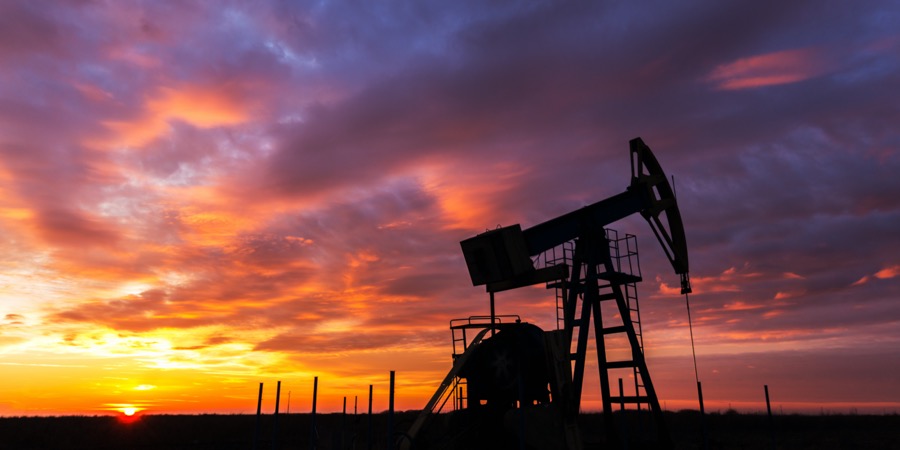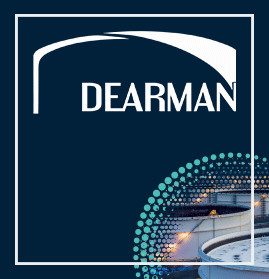A global gas shortage and an economic rebound are boosting demand for oil, buoying Gulf states whose economies depend on the fossil fuel.
Brent Crude has rallied 60 percent this year, filling Saudi Arabia’s coffers. The Kingdom, OPEC’s biggest producer, is earning more money from oil exports than any time since 2018.
However, there’s growing anxiety among key energy-consuming nations as prices also rise for commodities such as natural gas, food and metals, triggering a rise in inflation that could derail the recovery.
OPEC+’s decision to stick to slow production increases triggered a fresh surge in prices, and US energy secretary Jennifer Granholm raised the prospect of a potential release of crude from the Strategic Petroleum Reserve.
Granholm’s remarks “were clearly aimed at trying to incentivise Saudi Arabia and its OPEC+ partners to put more barrels on the market,” according to RBC Capital Markets.
Saudi Aramco seems confident demand will remain high. The world’s largest oil company repeated its intention to increase capacity as oil demand rises.
The UAE has become the first of the Persian Gulf petrostates to commit to eliminating planet-warming emissions within its borders, setting a new target that aligns it with most major economies. Satellites over Iran spotted large clouds of methane over fossil fuel infrastructure.
ACWA Power, Saudi Arabia’s first $1 billion listing since Aramco, will start trading in Riyadh on Monday. The $1.2 billion IPO drew interest from investors looking for exposure to a business seen as key to the kingdom’s plans to diversify away from oil. Initial demand amounted to several billion dollars and advisers had to limit institutional investors’ allocations.
For more information visit www.opec.org












